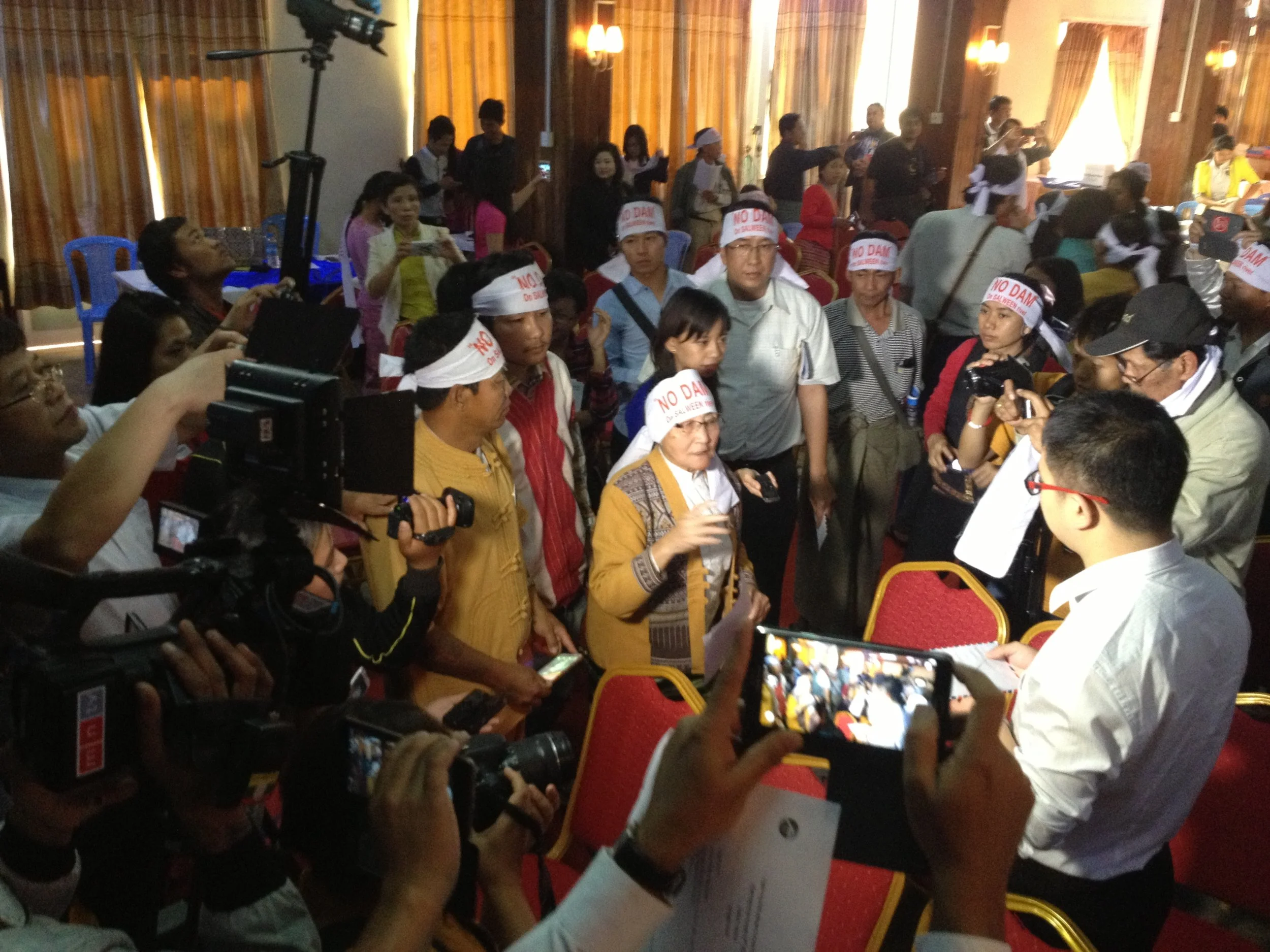There are many different ways to understand a region, and its interconnections. One dominant perspective is that of economic regionalization, often understood as negotiated between nation states to facilitate cross-border trade and investment for economic growth. Another closely related one is intergovernmental organizations, such as ASEAN. Civil society groups have proposed alternative regionalisms, focused for example, on people-to-people connections. These approaches emphasize ecological connections and cultural collaboration, whilst also aiming to hold accountable state-centric and economic driven regionalization agendas. Regional collaboration can be between state and non-state actors to address challenges collectively, for example sharing transboundary commons such as rivers or air. Ultimately, all regional collaborations occur on the ground in (multiple) specific places, and therefore the connections between the local and the regional need to be understood. Different visions for regionalization need to be unpacked, evaluated, and reimagined, which is the theme of “rethinking regionalization.”
Ongoing Research
Past Research
Publications
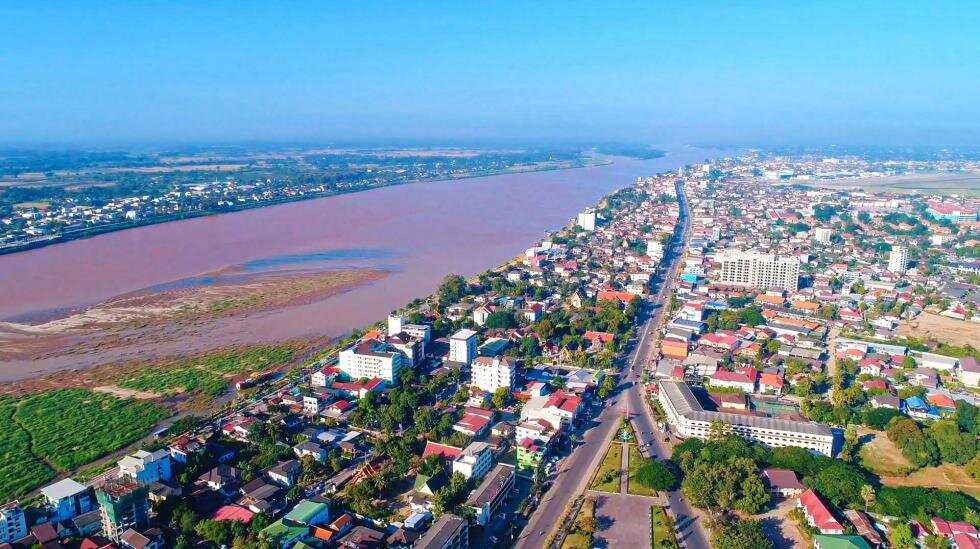


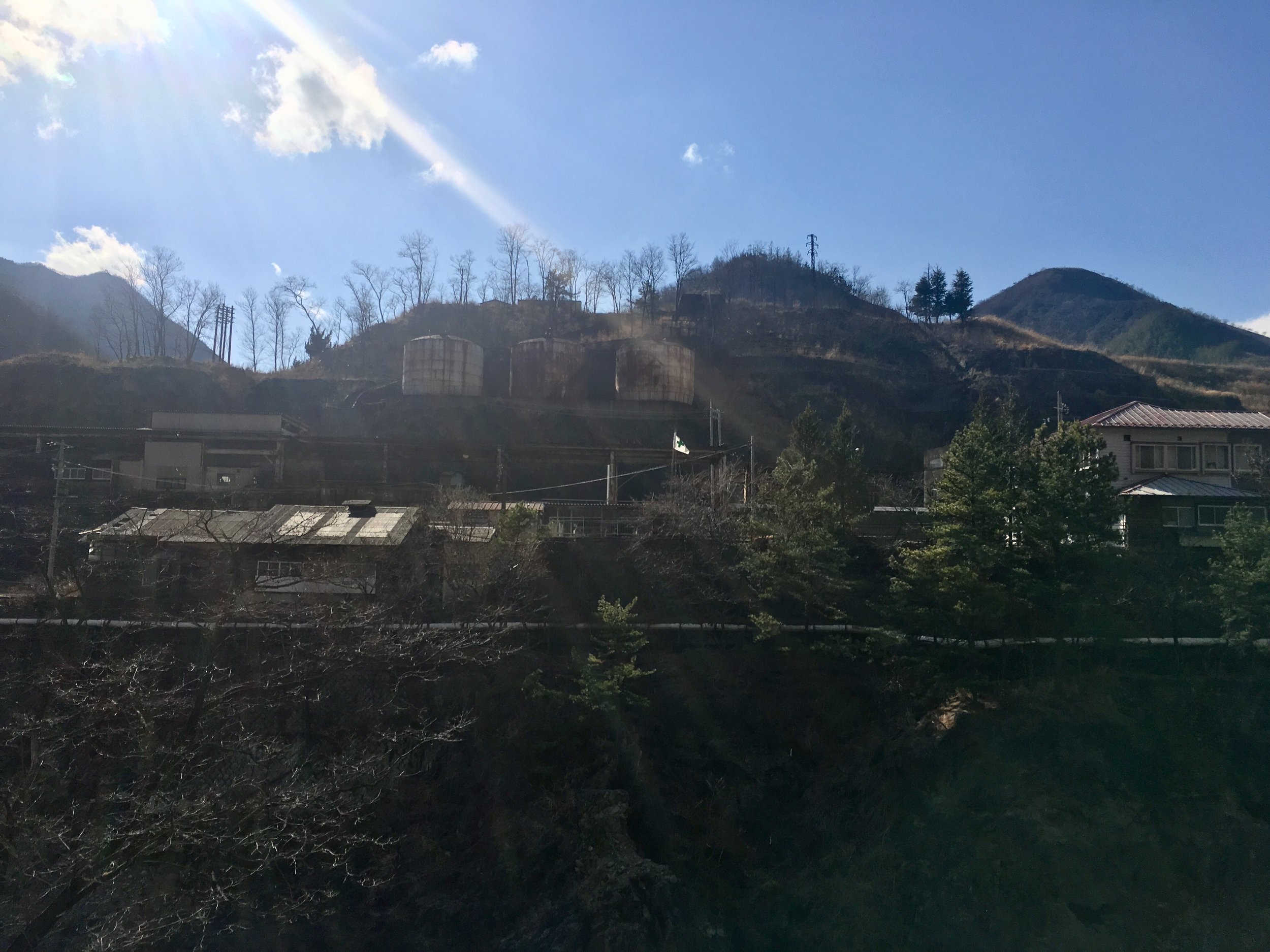
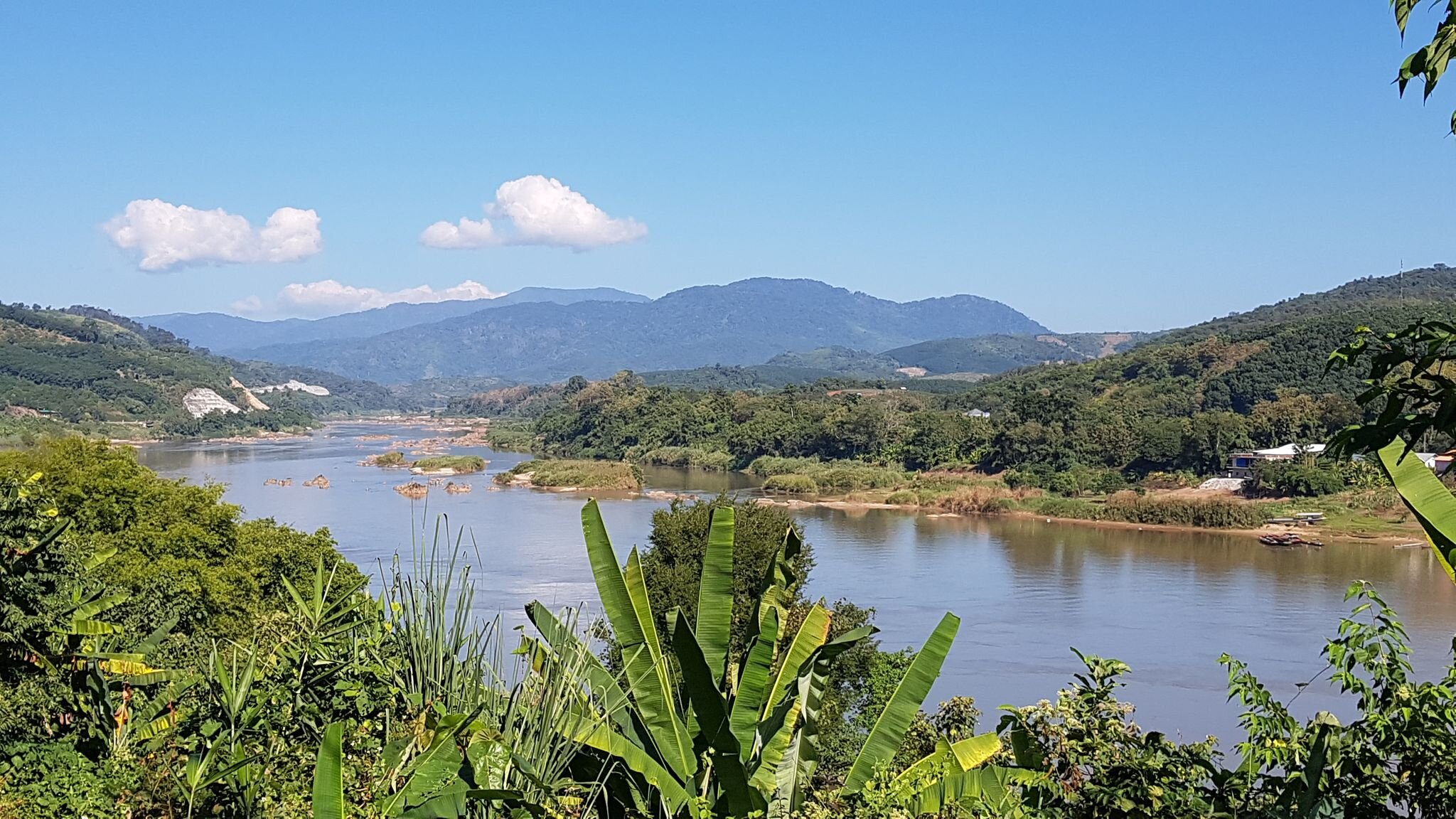
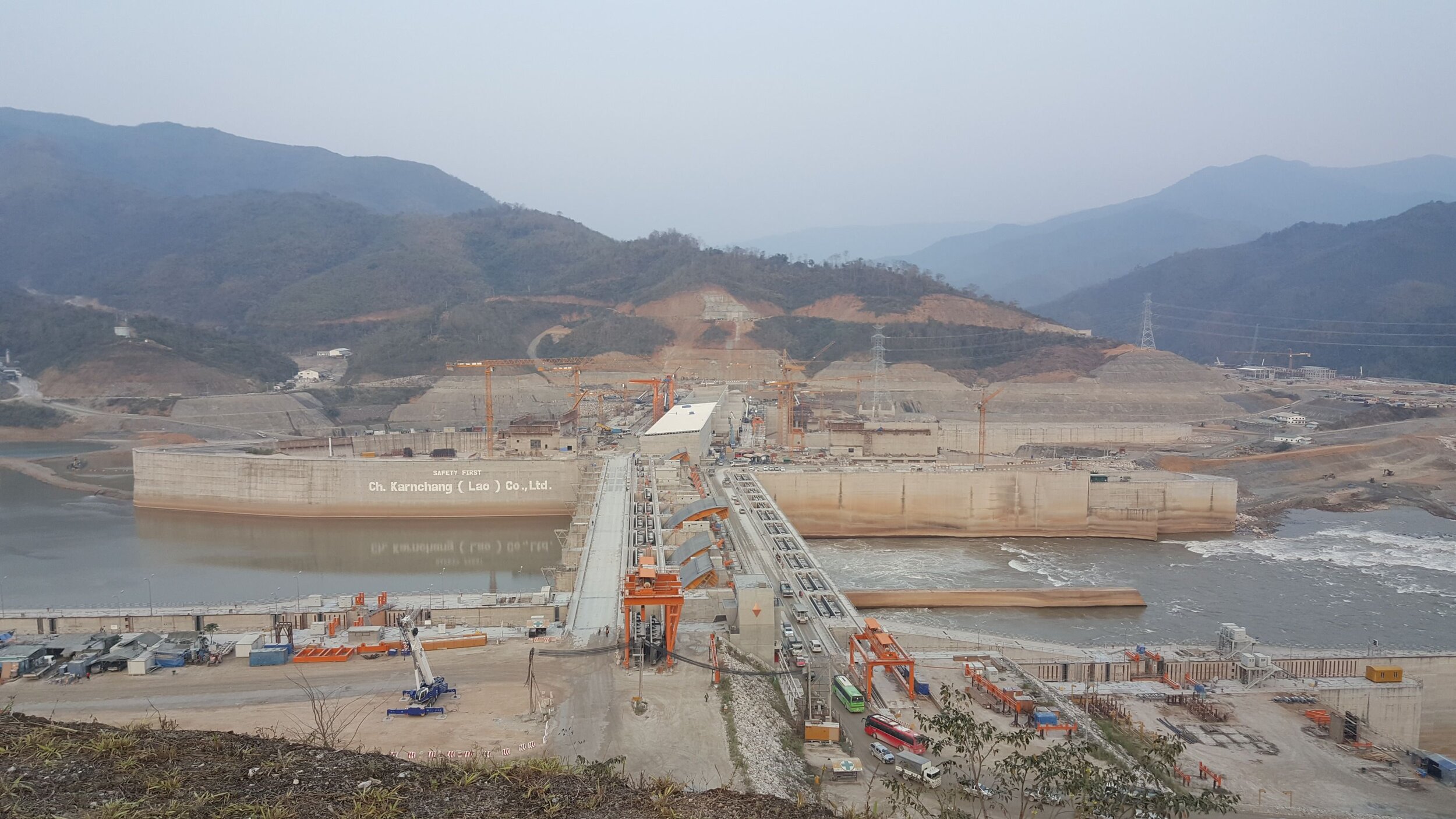

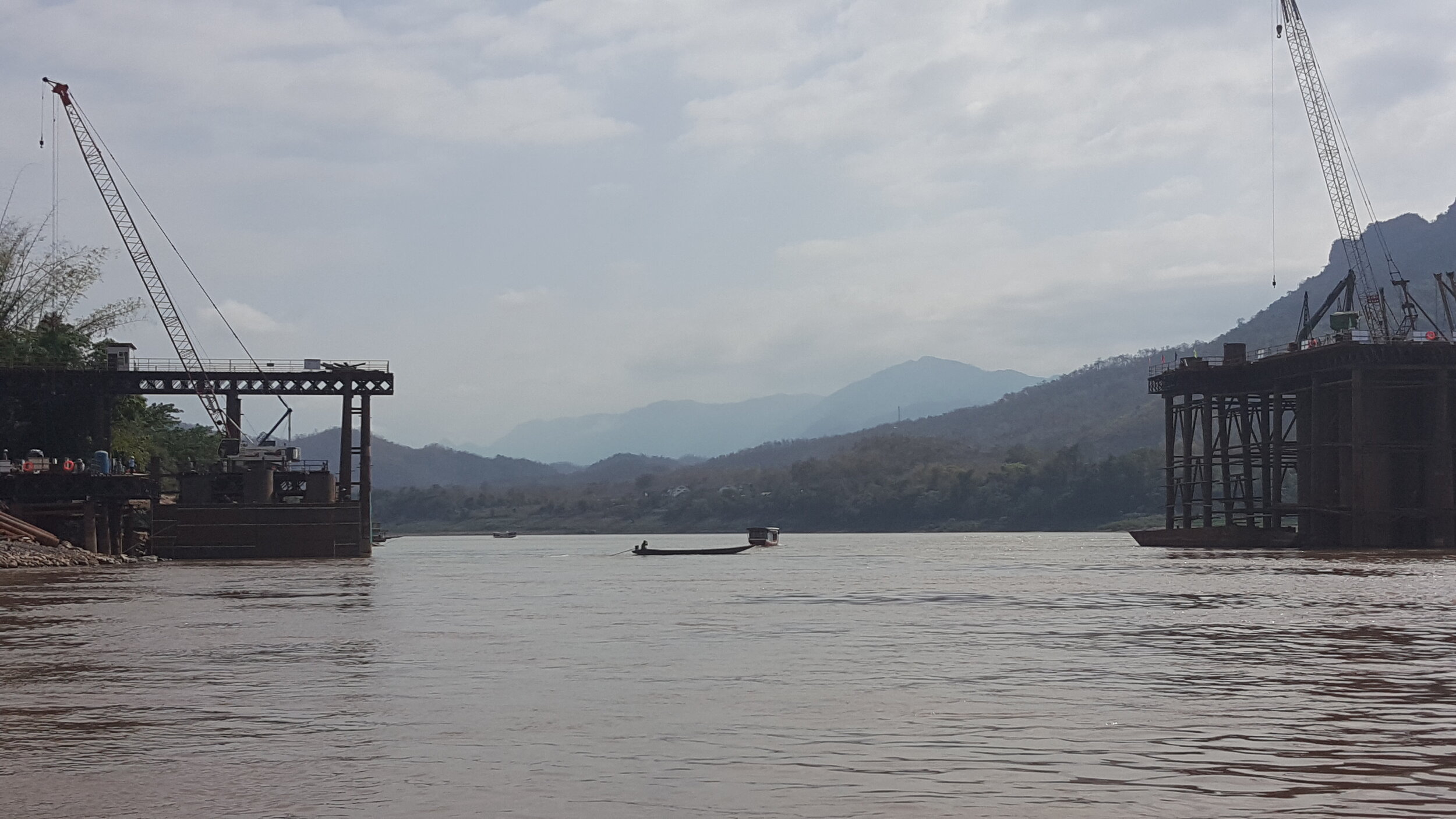


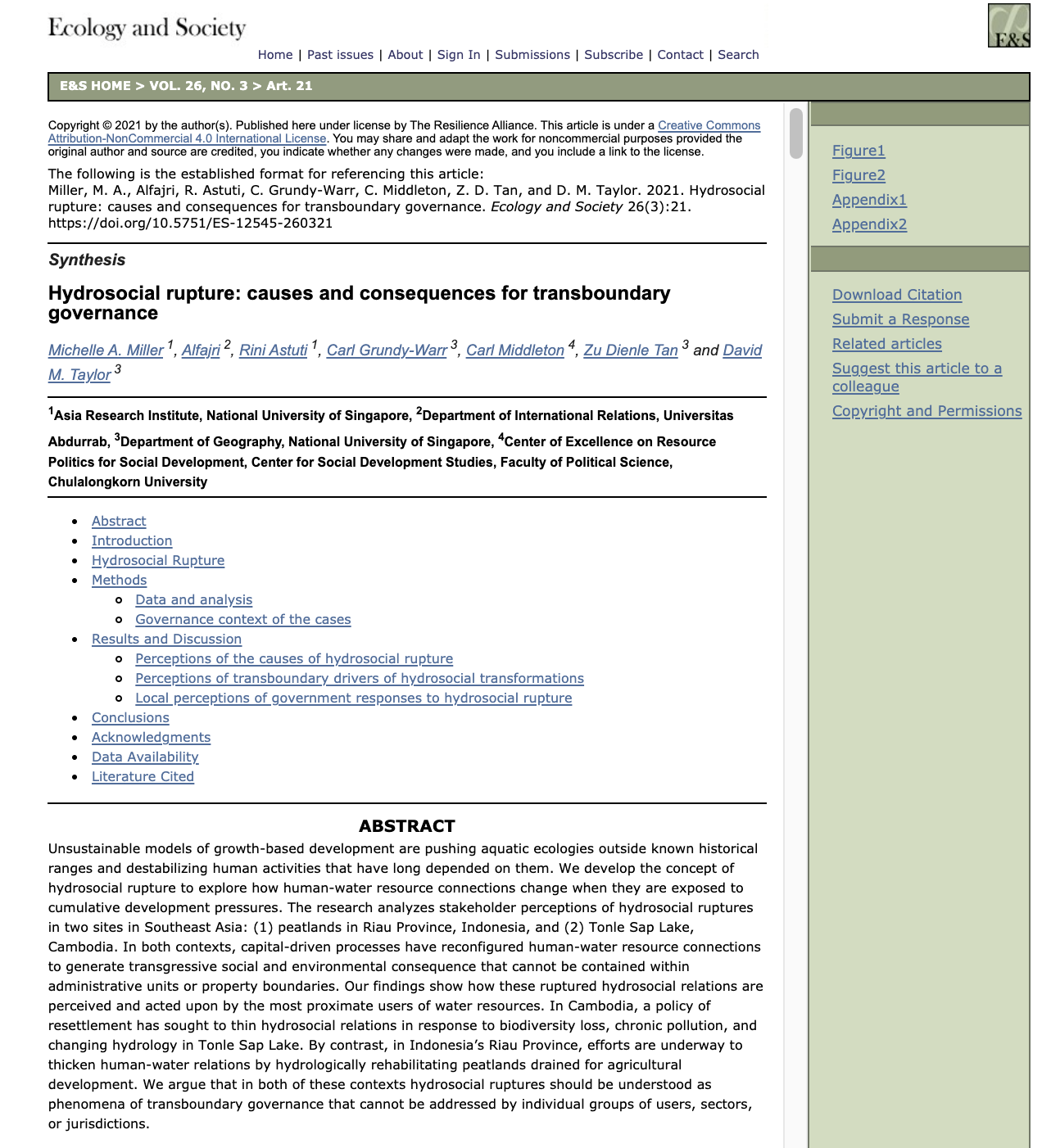





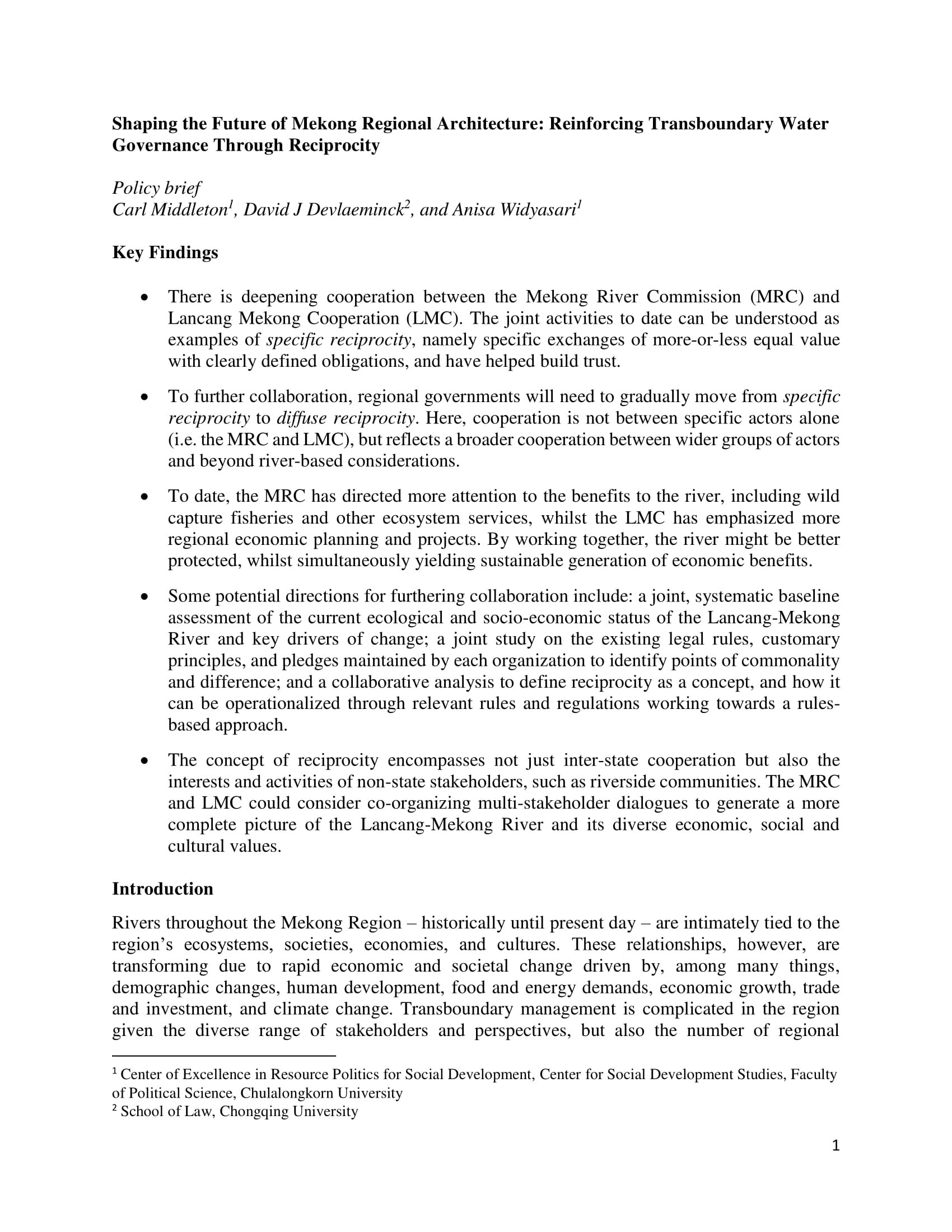




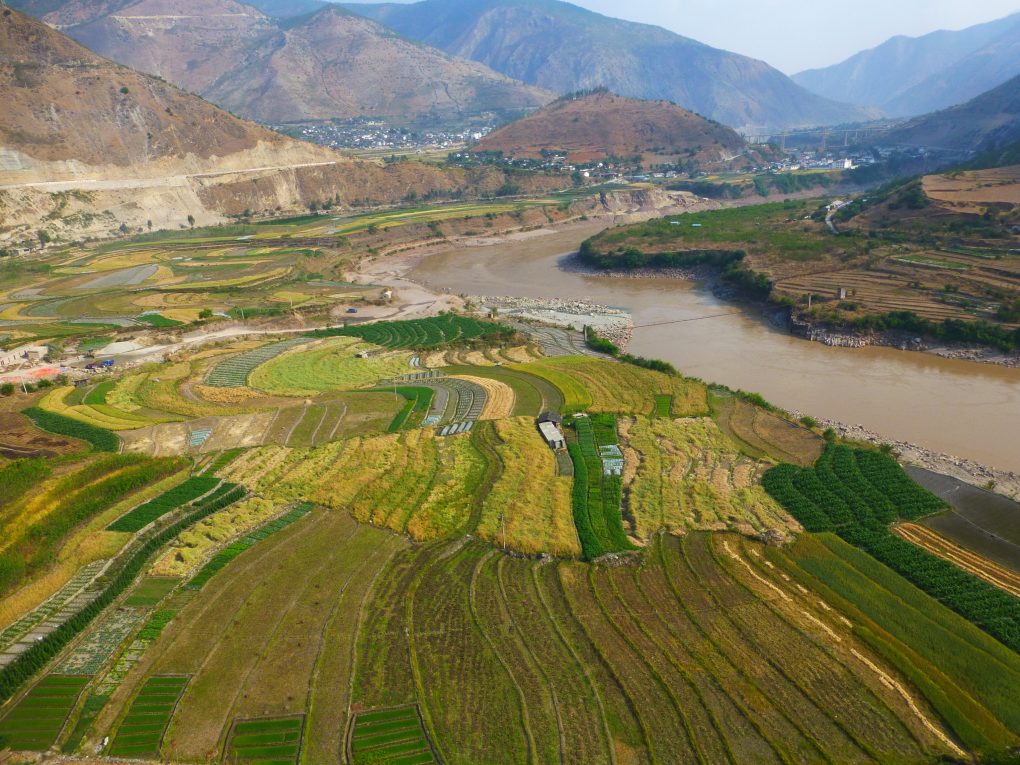
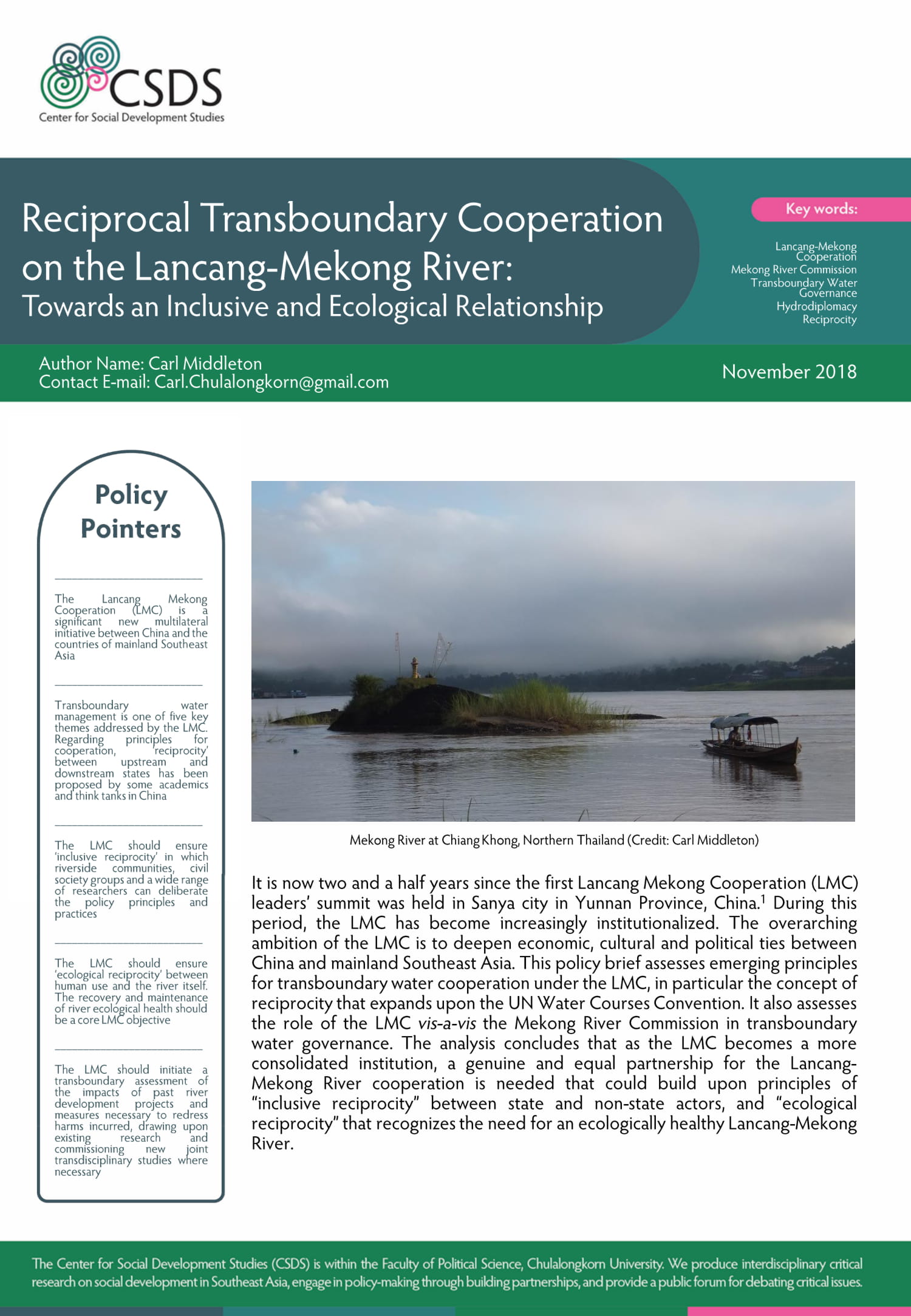




















![EVENT [REPORT]: Policy Forum on Understanding the Lancang-Mekong Cooperation Framework and China's role in the Mekong region [Bangkok, 3 September 2018]](https://images.squarespace-cdn.com/content/v1/575fb39762cd94c2d69dc556/1536916392076-ZGG8Q64BZDZ2PYHJV37A/pics.jpg)





















